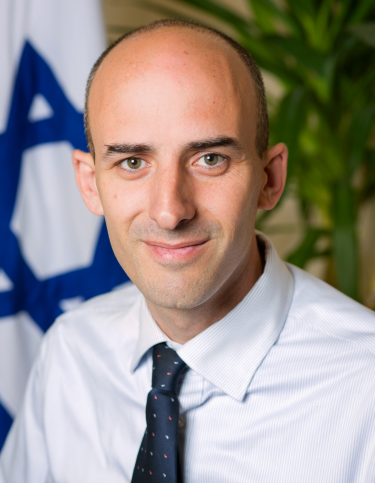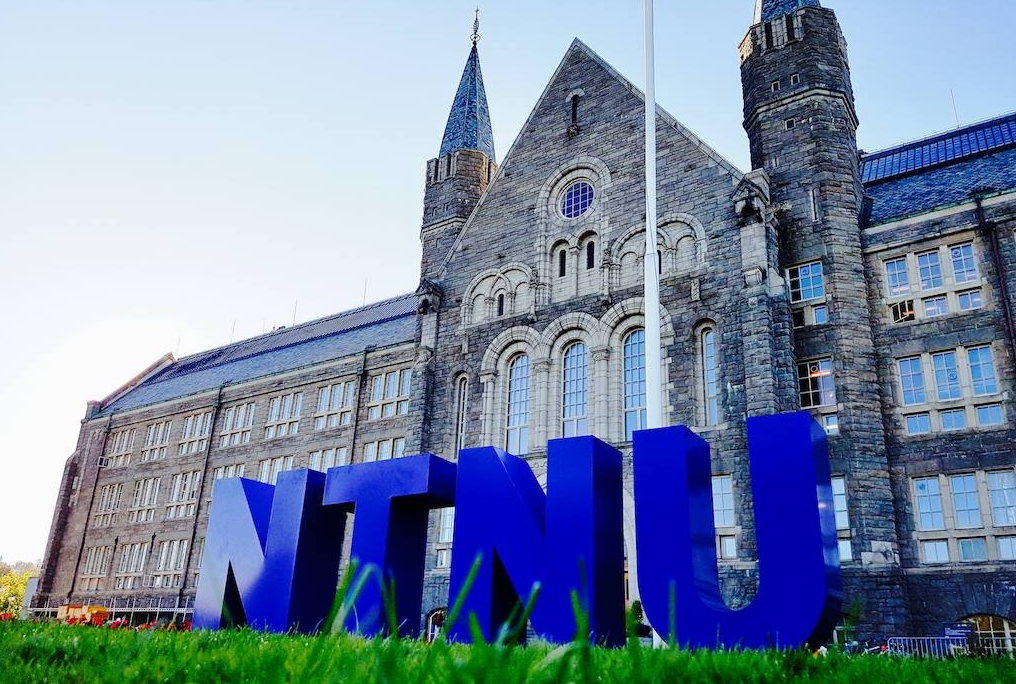 Yiftah CURIEL: "The potential of digital diplomacy is immense"
Yiftah CURIEL: "The potential of digital diplomacy is immense"Alexander KAFFKA, editor-in-chief of Caucasian Journal: Dear Yiftah, welcome to Caucasian Journal! As you are the head of Israel’s digital diplomacy, do you agree that wider digitalization is one of main ways to survive, especially in the era of COVID?
Yiftah CURIEL: Hello, and thank you for this interview, providing this opportunity to speak with your audience. Absolutely, I think that although digitalization, and specifically digital diplomacy, has been rapidly expanding over the last few years, COVID and the need to connect from afar, has accelerated this process. We have seen on our digital platforms a significant rise in the number of followers, people that want to connect with Israel, from tourists to businesspeople to religious pilgrims, and we've tried to accommodate them by providing content, a way to interact with us that would alleviate some of the difficulties of not being able to connect face to face.





